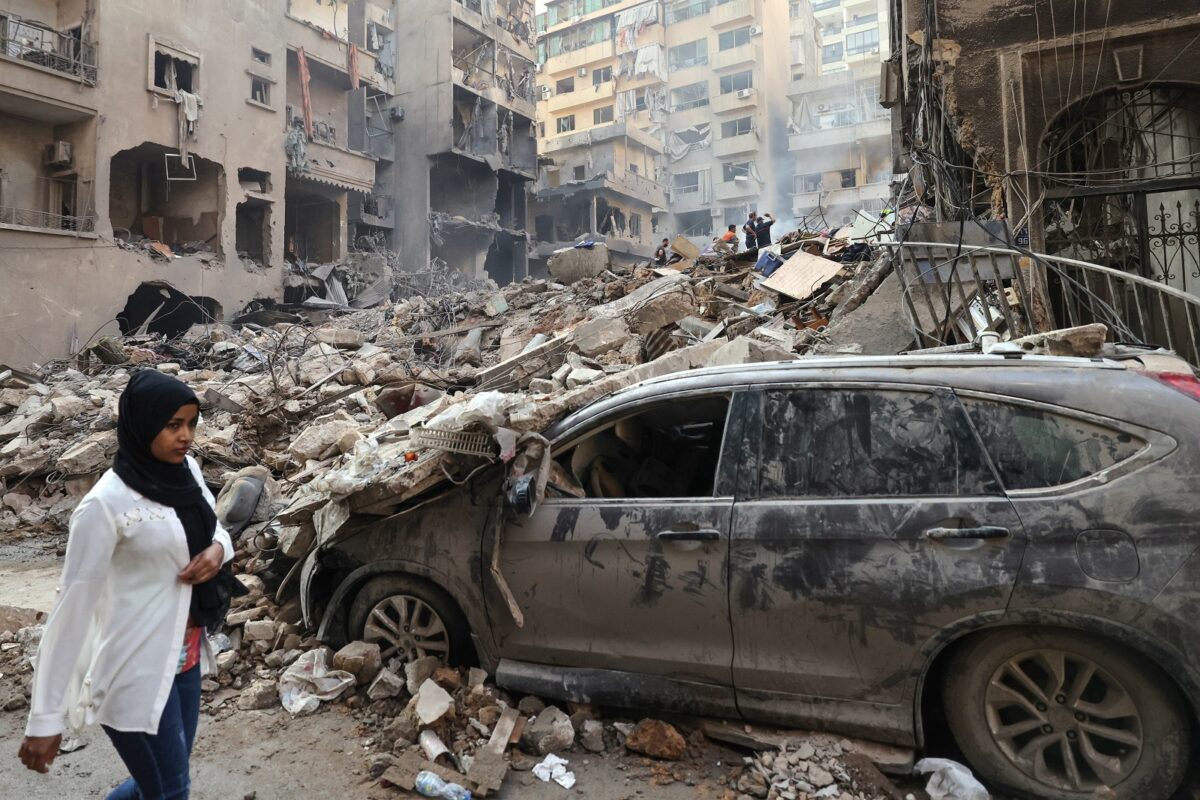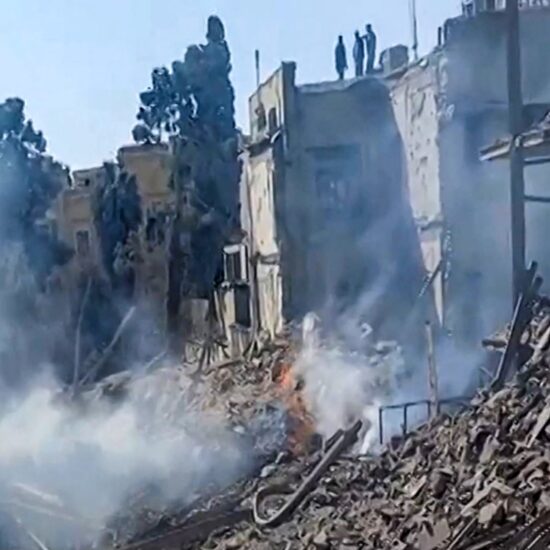
On Thursday evening, Israeli warplanes launched airstrikes on two areas in the heart of Lebanon’s capital, Beirut—Noueiri and Ras al-Nabaa. Lebanon’s official National News Agency (NNA) reported that one of the strikes hit a building near the Khatam al-Anbiya complex in the Noueiri district. Another airstrike targeted a location near the Al-Amaliyah building in the Ras al-Nabaa neighborhood, further shaking an already tense capital.
Emergency services immediately deployed to the areas, with ambulances rushing to assist the injured, as plumes of dark smoke filled the sky, blanketing parts of Beirut in a haze of destruction.
Why this matters, this marks the latest in a series of intensified Israeli airstrikes that have been ongoing since September 23. The strikes have predominantly hit southern Lebanon, including Hezbollah strongholds, as well as the Bekaa Valley in eastern Lebanon. However, in recent days, the air raids have also expanded to include the capital, Beirut, as well as regions in Mount Lebanon and even the north.
On October 1, the Israeli military officially launched a concentrated ground operation in southern Lebanon, significantly escalating the situation. Tensions between Hezbollah and Israel have been at a boiling point, as heavy fighting continues along the Lebanon-Israel border.
Furthermore, Initial reports from the scene of Thursday’s strikes suggested that Hezbollah military commander Wafic Safa was the intended target. While Hezbollah later confirmed that Safa survived the attack, media reports later indicated that he was taken to a hospital for treatment. This has sparked further concern about the extension of the war to areas outside of Dahye, making greater Beirut not as safe as once believed to be. Israel has already targeted Cola and Bachoura in Beirut and Saida, where large amounts of people died as a result of attempting to assassinate leaders in Hezbollah or allied parties.








